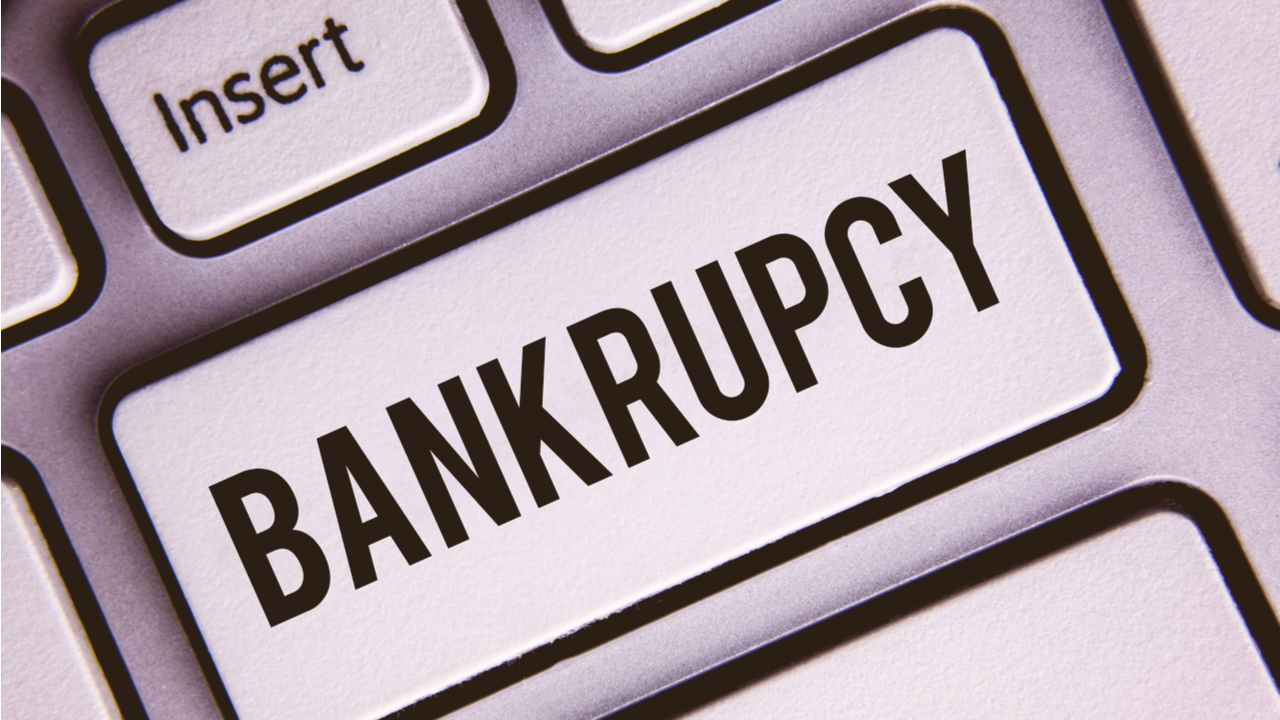It is important for any business owner to understand precautionary measures and follow fundamental guides to avoid bankruptcy. Here are some important things you need to keep in mind when managing your finances, whether as a start-up or a seasoned business.
What is Bankruptcy?
Bankruptcy means that a business is already insolvent or not liquid enough to pay its debts to creditors. In other words, business possessions or assets are lesser as compared to existing liabilities.
Any kind of business may suffer from this dilemma if wrong decision-making occurs. But as a business owner, there are things you can do to avoid bankruptcy.
Here are the 10 tips on how to avoid the bankruptcy of your Las Vegas Business:
1. Do not be over-optimistic
Optimism is an excellent characteristic an individual must possess. However, everything must be in moderation. Too much confidence can lead to creating unrealistic colorful expectations in your business. And you might spend a lot of expenses and assets expecting and foreseeing that it will generate a lot of revenue in the future or what we call over-extension. It is okay to be optimistic, provided that you are also realistic.
2. Always have an educated guess
One of the characteristics that an entrepreneur must have is being a risk-taker. However, some risks are not worth taking because not all of these will do good for your business. Dive into the uncertainty with calculations, research, and knowledge; you must be ready with these things. It would be nice if you attend classes or seminars for financial literacy if you think you need to.
3. Have an accurate bookkeeping/accounting
Accounting is the best way to record your asset, liability, and investments. By having superb bookkeeping, your business can detect early signs of problems and financial difficulty and can address them right away. Otherwise, poor accounting can lead to wrong decision making and mismanagement. Also, this can give you a distorted view of your economic and financial standing.
4. Consider Bad Debts
In reality, not all customers are reliable. Some of them may not pay on time or may not pay at all. Always consider making a Bad Debt Account on your books. Anticipate that not all expected revenue will be at hand. By doing this, you can have reasonable and realistic handling of your business.
5. Do Strategic Planning
There are four must-have plans for your business:
Marketing Plan
This plan will give you an overview and description of your business intermediaries, how to build your brand and the process of creating value to your target market and business connections.
Related: How to Create a Marketing Plan for your Las Vegas Business
Contingency Plan
This plan will make you equip in every trial and problem that you will face along the way. As the clichè quote goes, “If plan A will not work, then B.” However, this plan will not limit until B. Instead, this will offer you a lot of options and “what to do’s” in every kind of problem.
Business Plan
This plan shall contain your corporate mission, vision, long term, and short term goals. This plan will be the Master Plan of your business. The business plan must include overviews of all your other plans. The business plan will serve as your road map to reach your goals.
Financial Plan
All the plans mentioned will be static without this one. The financial plan will describe how financially stable you are to attain your goals. This plan states all the cost of resources, equipment, investments, and activities or events the company needs, as well as the time schedule to reach targets.
6. Put Debts on Top Priority
Before incurring or spending any additional unnecessary costs and expenses or cash flows, prioritize paying your debt first. You do not want to have a bad record of your creditors for having a lack of resources to pay your debts on time.
By paying your debt first, you will obey the basic accounting principle, which is: Asset – Liability= Capital or Equity, then you will certainly be on track.
7. Eliminate Unimportant Expenses
Eliminate equipment and supplies that are not in use. If you have something that does not give you any gains, then you may count it as a liability. Evaluate your employees if you have the right number of human resources so that you will not pay high salaries expense.
8. Invest Wisely
Do not put your eggs in one basket. Invest wisely. So not pour all your money in your business or just one investment so that if one goes wrong, you still have investments left. Investing is a gamble. Be smart enough on where to put your money. Consider having a retirement plan or retirement insurance for you to be financially secure and still be financially stable in the future with or without your business.
9. Face Business Problems
Treating business problems seriously, small or significant, is a must. You should take note that you can not underestimate minor conflicts because it might land into a serious one. Always think and deal with problems with the help of your team. Be open to all their suggested solutions.
10. Dispose of Equipment and Fixtures that do not generate revenue.
Think twice before you buy it. For example, you desire to buy a new machine because you believe that it will increase the efficiency of work, and you will regain the cost you give up to buy the device. However, that assumption may be wrong if you do not calculate accurately.




